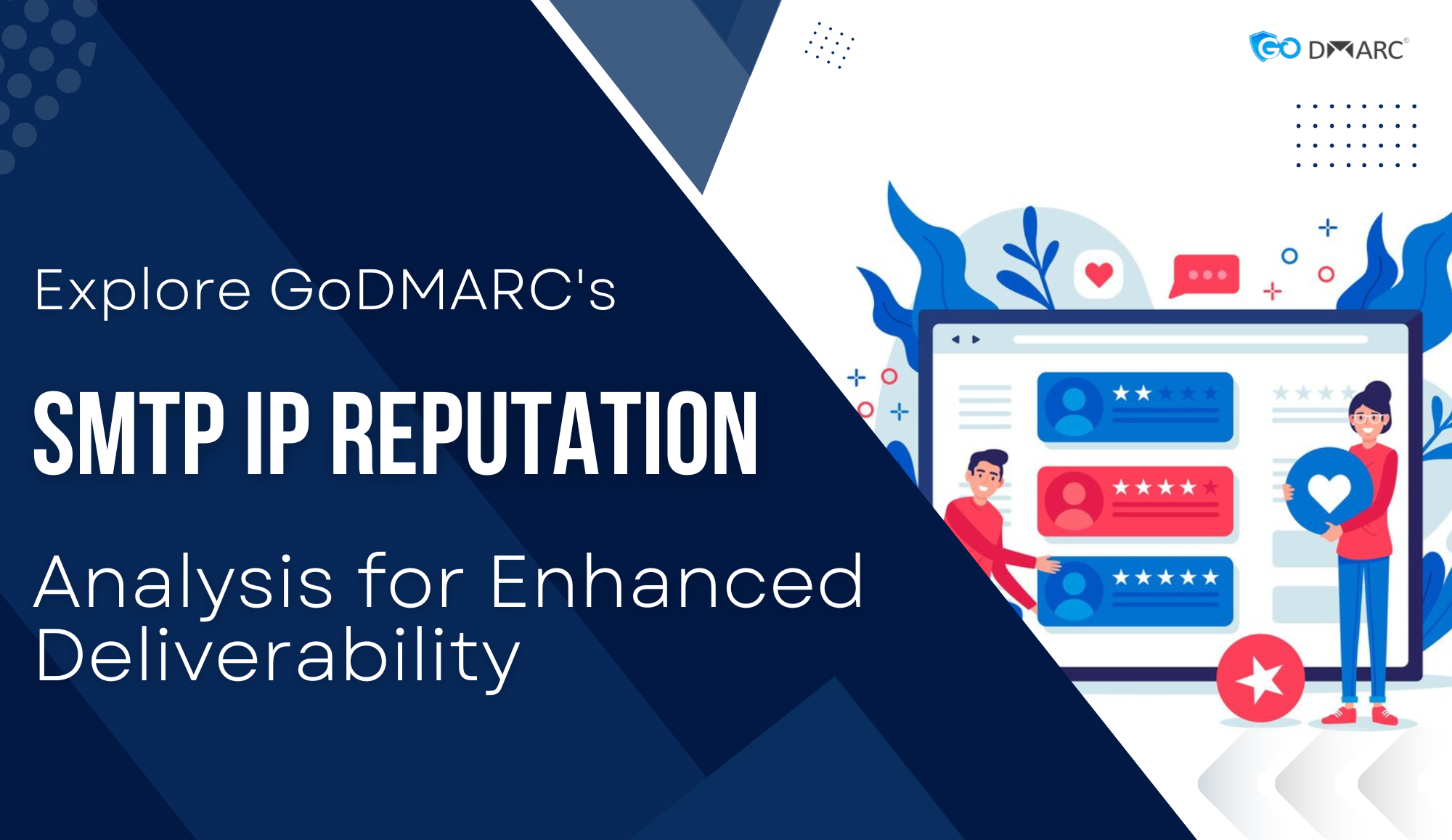Email deliverability is the ability to deliver emails to subscriber’s inbox. The speed at which these emails make it to the recipient’s inbox is called email deliverability rate. For an organization, it is crucial to deliver all the communication emails to its customer’s and client’s inboxes without being marked as spam. Failure in delivery, emails landing up in spam folder and emails getting blocked by the receiving servers are few of the reasons which hamper the speed of email deliverability.
Read more to know how you can enhance your email deliverability rate and ensure that all crucial emails are delivered to the recipient’s inbox.
Email Authentication to enhance Email Deliverability
Email authentication is a collection of techniques for validating authentic emails from against all authorized sources that are allowed to send emails from your domain. Not only does it help in improving email deliverability, it protects your domain from potential spoofing and phishing attacks.
Email authentication Tools
DomainKeys Identified Mail (DKIM)
DKIM is a modern-day email authentication protocol that makes use of public key cryptography at the end of the sender to sign email using private key to validate emails in the receiving server. Receiver then can retrieve the public key from the sender’s DNS (Domain name system) to authenticate the emails. DKIM exists as a TXT record in the DNS of the domain owner. It adds an additional layer of security to the standard SMTP (Simple Mail Transfer Protocol) used to send email which lacks in-built authentication mechanism.
Sender Policy Framework (SPF)
Just like DKIM, SPF exists as a TXT record in the DNS of the domain owner. It displays the list of all valid sources authorized to send emails on your behalf. IP address of the emails which are send from your domain enables in identifying the email service provider and the server which exists as a record in your DNS as an SPF record. The receiving mail server then validates the message against the SPF record to authorize it and accordingly marks an email as SPF pass or fail.
Domain-based Message authentication, reporting and conformance (DMARC)
Along with SPF and DKIM, Implementing DMARC is crucial to control how receiving servers will respond to the emails that fail to validate the authentication tests.
DMARC stands for Domain-based Message Authentication, Reporting & Conformance. It is state-of-the-art email authentication protocol which protects the dedicated domain from unauthorized access and usage. This email protocol makes use of SPF and DKIM to authenticate email messages. DMARC is designed to seamlessly blend with your organization’s present inbound email authentication process. In simple words the system works by helping email receivers validate the purported message from the senders based on the information that receivers have about the sender from DMARC record checker.
Brand Indicators for Message Identification (BIMI)
BIMI is the latest and fastest growing standard used for verifying information of your brand. When implemented with other email verification systems such as DMARC, DKIM, and SPF it sends a strong signal to the recipient that the source of the email is genuine. While the DMARC, DKIM, and SPF records are authenticated at the sever level BIMI is visible to the end users. BIMI record analyzer helps the recipient email server in locating your company’s logo. Since the brand and its logo appear on the mailbox provider list your emails appear legitimate to the recipients.




